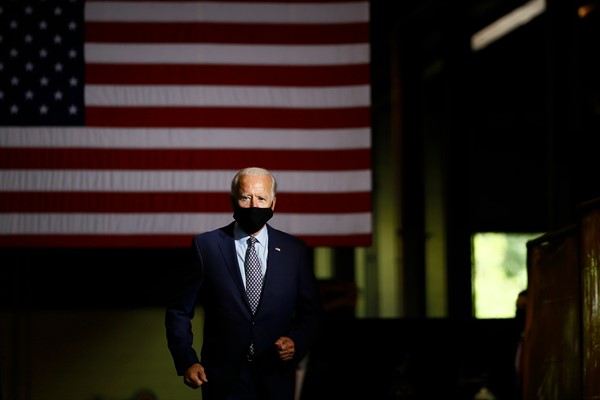Joe Biden’s election as president offers the United States an opportunity to recast its relationship with the United Nations after four years of “America First” disengagement under Donald Trump. The president-elect is already declaring that “America is back.” But to make good on his promise, Biden needs to reinvigorate American leadership within the U.N. itself, while tempering expectations about what the world body can deliver at a time of intense geopolitical rivalry. Beyond reversing Trump’s misguided assaults on the U.N., Biden must strengthen U.S. capabilities to conduct multilateral diplomacy, promote institutional reforms to bring the U.N. into the 21st century, and reaffirm the principles of human dignity on which the organization was founded.
The U.N. often seems designed to frustrate Americans. Its bureaucracy is vulnerable to corruption; its General Assembly is a frequent setting for grandstanding; and its Security Council is paralyzed when the interests of its permanent members collide. For all its flaws, though, the U.N. remains an indispensable foundation for world order, by virtue of its universal membership, sweeping mandate, legally binding charter and primacy over matters of peace and security.
Biden and his transition team are clear-eyed about the U.N.’s shortcomings, but they also understand several realities that the Trump administration ignored, to the detriment of U.S. national interests. First, it is better for America to be inside the multilateral tent, so it can shape global rules and keep the U.N. from going off the rails, than to carp from the outside. Second, the U.N. does indispensable work, like conducting peace operations or nuclear weapons inspections, that the U.S. would be unable to accomplish on its own or only at a prohibitive cost. Third, the U.N. is a relative bargain, with annual U.S. funding totaling $10 billion, less than 1.5 percent of what America spends on its military. Fourth, U.N. membership does not infringe on American sovereignty, when it is properly understood, while the modest constraints it places on U.S. freedom of action are a small price for a rule-bound international system. Finally, as COVID-19 shows, the U.N. does not spring magically to life in crises. It must be mobilized by its most powerful members, but only if they put their rivalries aside when confronted with a common threat.

